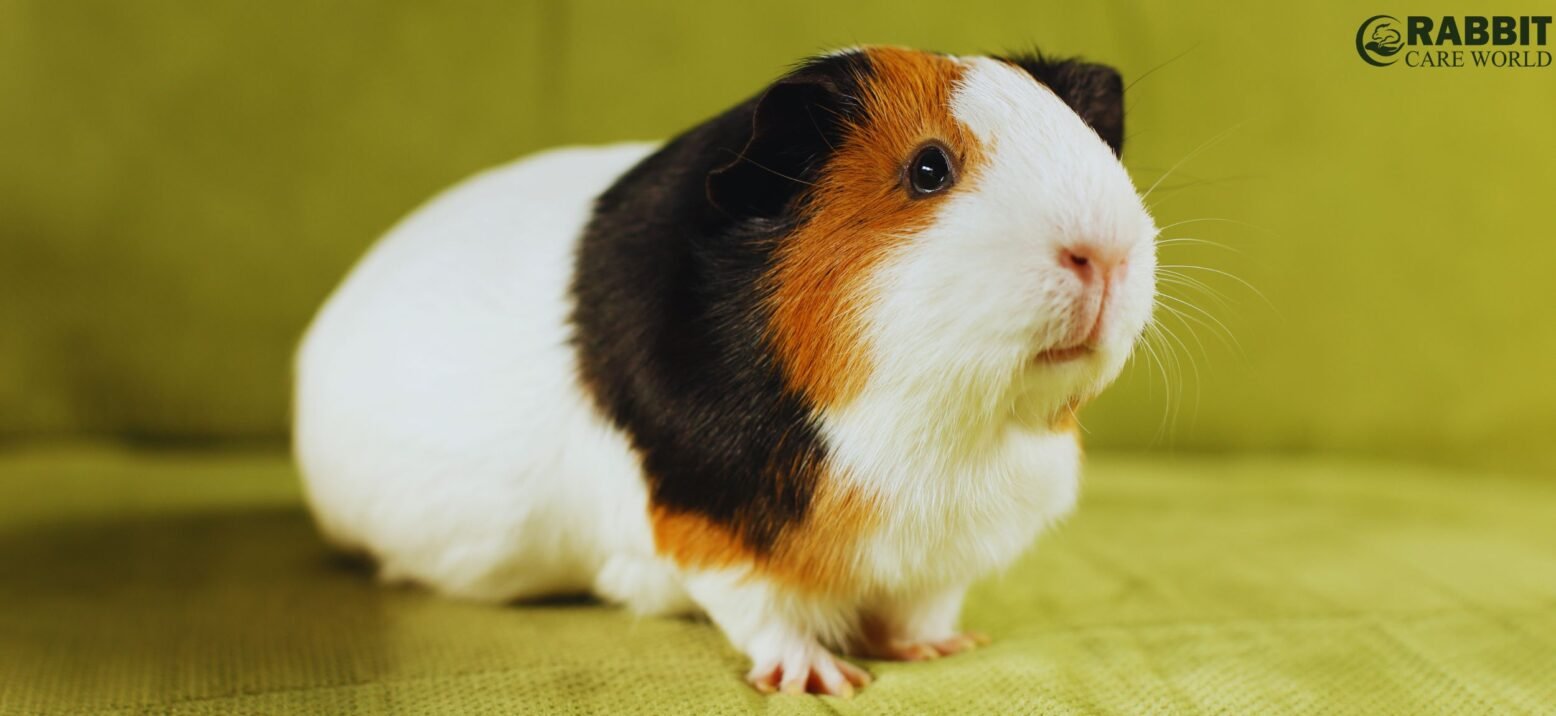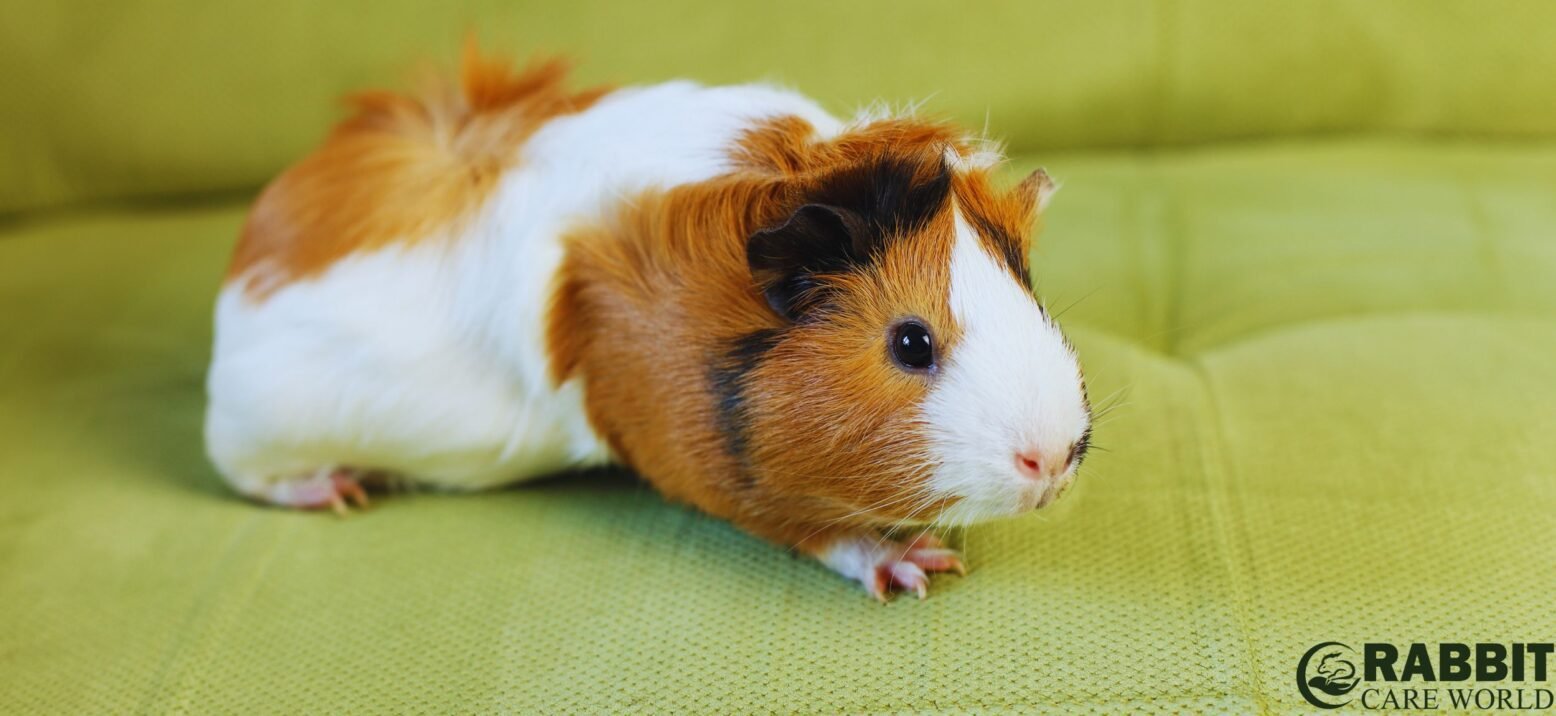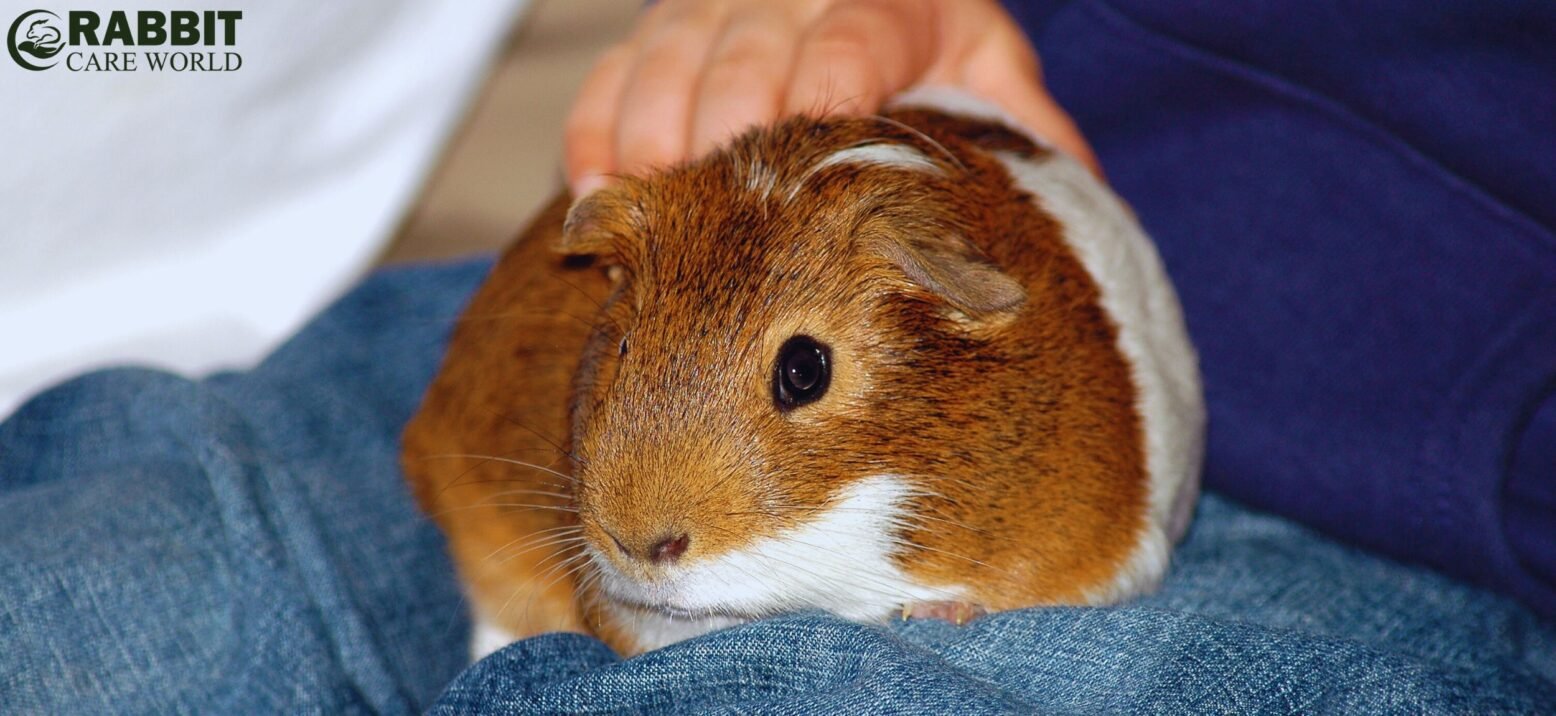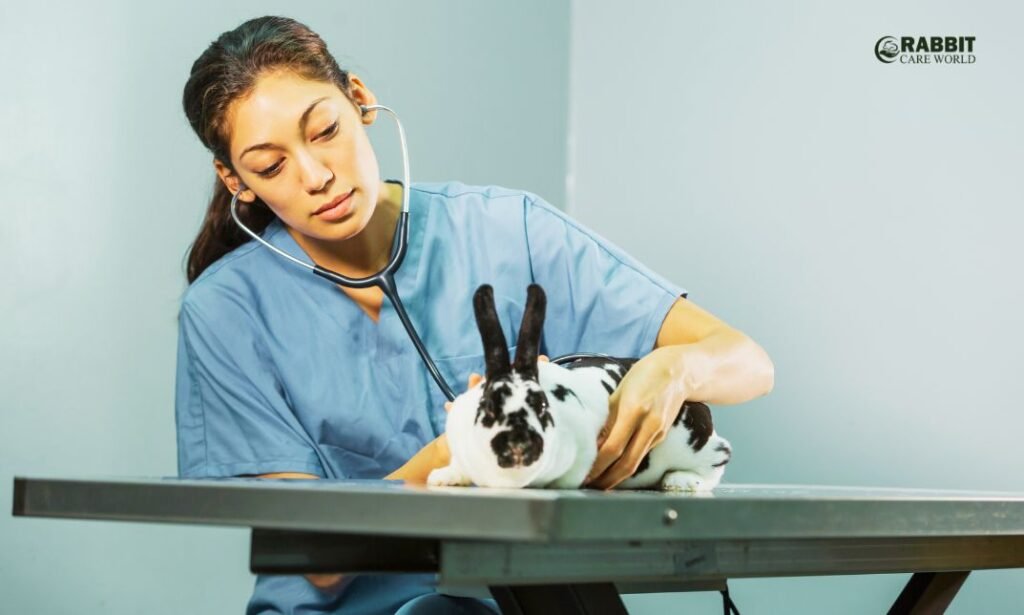Explore the best guinea pigs for sale with our trusted guide. Find healthy, adorable guinea pigs and expert tips on care, housing, and choosing the right pet!
If you are thinking about getting a guinea pig, you’re in the right place. Guinea pigs, also known as cavies, are small rodents with big personalities. They are social animals that enjoy human interaction. These adorable pets are perfect for families, singles, and seniors alike.
Bringing a guinea pig into your home can add joy and companionship. Before you buy one, it’s important to know what to look for and where to find healthy guinea pigs for sale. This ensures you get a pet that will be a happy and thriving part of your household. Let’s explore more about finding the perfect guinea pig for you.
Table of Contents
ToggleBenefits Of Owning A Guinea Pig

Guinea pigs make great friends. They are very social animals. They love to play and cuddle. These small pets can bring much joy to your life. Their gentle nature is comforting. They are easy to bond with. Kids and adults alike enjoy their company. A guinea pig can be a true friend.
Guinea pigs are easy to care for. They need simple food like hay and veggies. Cleaning their cage is simple. They do not need much space. A small cage is enough. They rarely need a vet. This makes them a good choice for busy people. Guinea pigs are great pets with low effort.
Types Of Guinea Pigs
The American guinea pig is the most common breed. It has short, smooth fur. This breed is very gentle and easy to handle. They come in many colors. They are great for kids.
The Abyssinian guinea pig has a unique look. It has rosettes, or swirls, in its fur. This makes it look spiky. They have a playful and curious nature. Abyssinians need more grooming than Americans.
The Peruvian guinea pig has very long fur. It can grow to 20 inches! They need regular grooming to keep their fur clean. This breed is very friendly. They love attention and petting.
Choosing The Right Guinea Pig
Guinea pigs have different personalities. Some are very active. Others are calm and quiet. Active ones need more space. Calm ones are easier to handle. Choose a guinea pig that fits your lifestyle. Bonding with them is important. Spend time observing them before deciding. Happy guinea pigs make great pets. Look for signs of friendliness. A friendly guinea pig will approach you. They might nibble gently on your finger. It’s a sign they like you.
Baby guinea pigs are very cute. They need extra care. Older guinea pigs are calmer. They are easier to manage. Consider their age before buying. Babies need more attention. Older ones are more independent. Check their health too. Healthy guinea pigs are lively. They have shiny coats. Look for bright eyes. Avoid guinea pigs that seem sick. Healthy pets are happier and live longer. Make sure to choose wisely
Caring For Your Guinea Pig
Guinea pigs need a balanced diet to stay healthy. Fresh hay should be their main food. Provide pellets made for guinea pigs. Include fresh vegetables like carrots and lettuce. Avoid giving them too much fruit. It can cause tummy troubles. Fresh, clean water is a must. Change it daily. Vitamin C is crucial. Guinea pigs can’t make their own. Give them Vitamin C-rich foods like bell peppers.

Guinea pigs need a spacious cage to move around. The cage should have a solid floor. Wire floors hurt their feet. Add bedding like paper or fleece. Clean the cage weekly to keep it fresh. Guinea pigs need hiding spots to feel safe. Place a small house or tunnel in their cage. Temperature matters too. Keep their home between 65-75°F. Avoid direct sunlight and drafts. Guinea pigs love toys. Give them chew toys for fun and healthy teeth.
Health And Wellness
Guinea pigs can face common health issues. Respiratory infections are frequent. They can get scurvy from lack of vitamin C. Dental problems can also occur, so check their teeth often. Skin issues like mites and lice are common. Diarrhea can happen if they eat bad food. Always watch for signs of illness. Early detection is key.
Give your guinea pig a balanced diet. Fresh veggies and pellets are good. Provide clean, fresh water daily. Regular vet check-ups are important. Keep their cage clean to avoid germs. Exercise helps keep them healthy. Let them play outside their cage often. Always handle them gently. Prevent stress to keep them well.
Where To Buy Guinea Pigs
Pet stores often have guinea pigs for sale. They are easy to find there. Stores provide cages, food, and bedding. This is good for first-time pet owners. Staff can answer your questions. Ask about the guinea pig’s age and health. Make sure they look happy and active.
Breeders know a lot about guinea pigs. They can offer many types. Breeders often care more about their animals’ health. You can meet the guinea pigs’ parents. This helps you know what to expect. Ask breeders about their care and feeding. Ensure they are well-treated.
Rescue organizations save and care for guinea pigs. They help find good homes. Adopting from a rescue can save a life. Rescues often have many guinea pigs to choose from. They might know each guinea pig’s history. This can help you pick the right one. Ask about their adoption process.
Preparing Your Home
Guinea pigs need a few basic things. A spacious cage is very important. They need room to move. Fresh bedding keeps them comfortable. Quality food and clean water are essential. Hay is important for their diet. It helps their teeth and stomach. You also need toys to keep them happy. Guinea pigs love to chew. So, safe chew toys are a must.
Choose a quiet spot for their cage. Guinea pigs get scared easily. Avoid loud places. Keep the cage away from direct sunlight. They can get too hot. Ensure the cage is secure. They should not escape. Make sure other pets cannot reach them. Temperature is important too. Keep it between 65-75°F. Clean their cage often. This keeps them healthy.
Socializing Your Guinea Pig
Guinea pigs need gentle introductions to other pets. Start with short meetings. Supervise all interactions closely. Make sure other pets are calm. Separate them if needed. This helps them get used to each other. Over time, increase the meeting length. Watch for signs of stress. Calm behavior means they are adjusting well. Patience is key for success.
Building trust with a guinea pig takes time. Handle them gently every day. Offer their favorite treats by hand. Speak softly to them often. They will learn your voice. Create a safe space for them. Let them explore at their own pace. Never force interactions. Trust grows with consistent care. Happy guinea pigs are friendly and loving.

Frequently Asked Questions
Where Can I Find Guinea Pigs For Sale?
You can find guinea pigs at pet stores, breeders, or online classifieds.
How Much Do Guinea Pigs Cost?
Guinea pigs typically cost between $10 and $40, depending on breed and location.
What Should I Look For When Buying A Guinea Pig?
Look for healthy fur, bright eyes, and active behavior. Check for any signs of illness.
Do Guinea Pigs Need A Companion?
Yes, guinea pigs are social animals. They thrive best with a companion.
What Supplies Do I Need For A Guinea Pig?
You need a cage, bedding, food, water bottle, and toys for your guinea pig.
Conclusion
Finding the perfect guinea pig for your home can be rewarding. These small pets offer companionship and joy. Remember to research before purchasing. Ensure a safe and happy environment for your new friend. Visit reputable sellers for healthy guinea pigs.
Consider adoption as a wonderful option. Guinea pigs can bring warmth and happiness to any family. Enjoy the special bond you will create. Happy guinea pig hunting!



